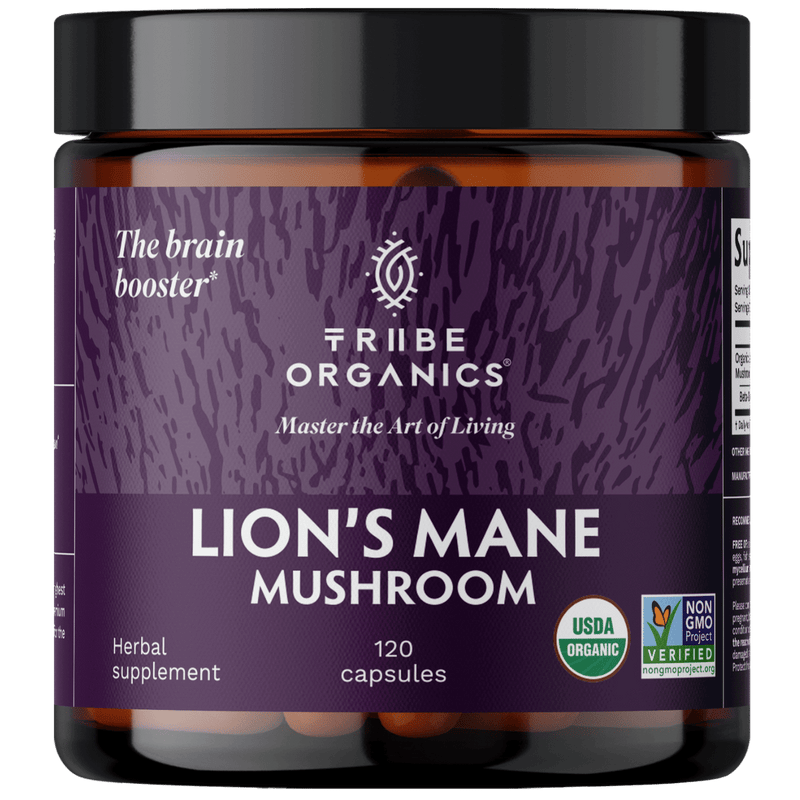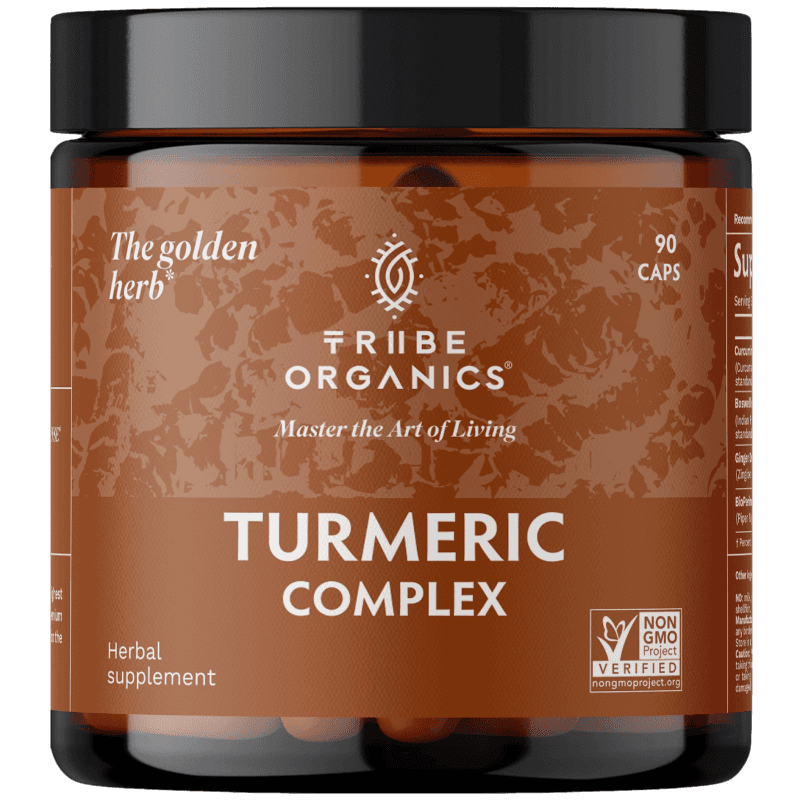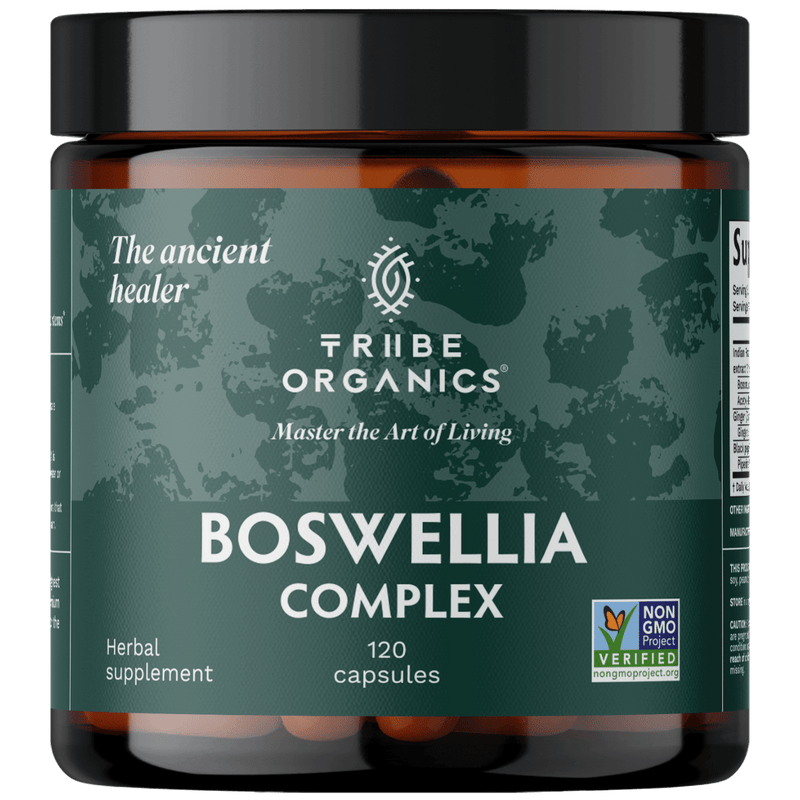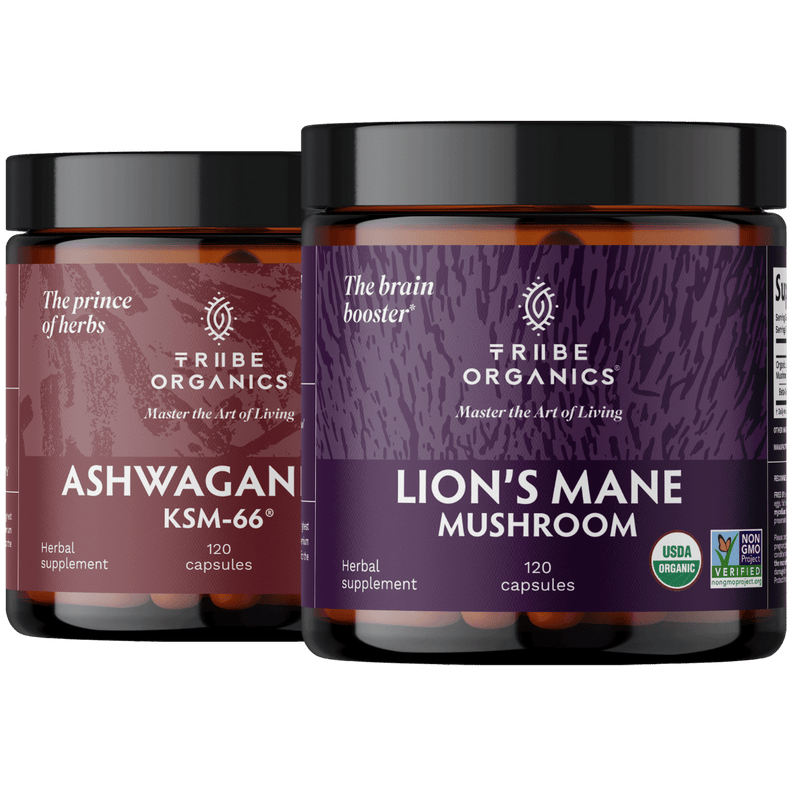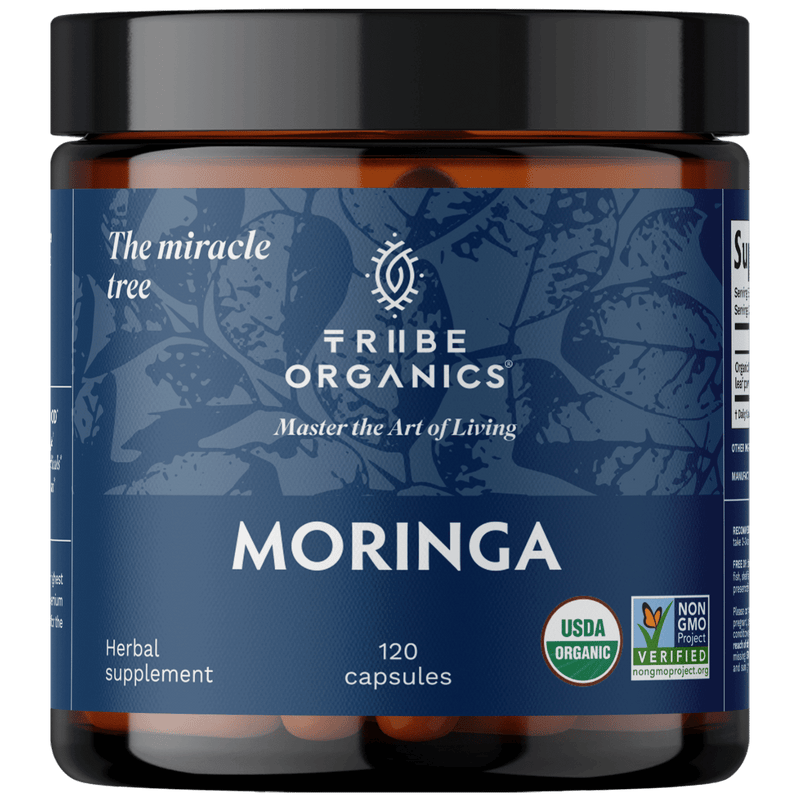
The brain undergoes a tremendous redesign during adolescence. This is to provide children with the neural firepower they need to transition from dependent children to independent, productive, and happy adults.
It's an important development, but it can be a confusing, turbulent time. Adolescence can be marked by exhilarating highs accompanied by new discoveries and blossoming individuality, as well as heartbreaking lows.
Our children may occasionally feel as if they are falling through the cracks of the simpler, safer, more familiar world they have known as children and the larger, higher pressure, noisier universe of adulthood.
Until both feet are planted firmly on adult ground, which won't happen until their twenties, things can feel incredibly shaky and up in the air.
On top of changing bodies and hormones, there are also many external issues that can lead to anxiety.
Hormonal Shifts and Mood Swings
Hormone fluctuations are a major contributor to adolescent anxiety. Males' testosterone levels rise, while females' estrogen levels rise, resulting in increased reactions and emotional responses.
Furthermore, when exterior factors are combined with a preexisting hormonal imbalance, the brain is likely to respond by changing its structural properties.
This leads to generating more receptor sites for stress hormones and reducing the number of receptor sites for relaxation hormones, which can lead to long-term anxiety problems.
Brain Development and Problems with Judgement
Teenage brain development is a major reason why adolescents experience changes in mood and, in many cases, poor judgment.
The grey matter of the brain thickens until the age of 11 in girls and 12 in boys, at which point the brain begins refining it. In teens, the prefrontal cortex, that is charge of self-control, judgment, and planning, is the last area to thicken and begin to be refined.
Strong emotions caused by shifts in hormones are thus less regulated by rationale than in adults. Lack of self-control, good judgment, or the capacity to plan ahead of time can make life very complex and stressful, especially when combined with other factors.
Body Changes
Changes in physical looks and functionality can be stressful in a variety of ways. Acne, voice changes, body hair, body shape and size, and other undesirable changes can all have an impact on self-esteem and anxiety.
This is also true for the discomfort and difficulties of the monthly period, the humiliation of erections at inconvenient moments, perplexing sex drive, and a variety of other prevalent teen issues.
All of these factors contribute to the adolescent body being an unfamiliar, awkward, and highly stressful environment.
Furthermore, the advancement of the body's sex organs causes difficult-to-manage sexual urges and repression, which can have difficult repercussions.
Distancing from Family
If a teenager has grown up close to his or her parents, it can be challenging for them to embrace the obligation to branch out and connect with other people, as well as the necessity to shape their own individuality apart from their parents.
Being on their own for the first time and accepting new responsibilities can lead to feelings of inadequacy and fear as they adapt to not getting as much counsel or protection as they used to.
Parent Disapproval and Changing Ideas
Adolescence is a period of shifting ideals. Since our ideals as kids are often shaped largely by those of our parents, when our ideologies shift, the adults in our lives can become concerned.
It could be that the faith a teen grew up with is no longer suitable for them, or that their political views have diverged from those of their parents, or that they have realized something new about themselves, such as a new interest, or perhaps a sexual orientation that they were unaware of before.
Any of these discoveries can result in parental disapproval and repressing the adolescent's development, making them feel unloved and even suspecting that they may be a horrible person for not seeing eye to eye with their family members as they had previously done.
Isolation
Many factors can contribute to teen stress and feelings of isolation. For example, when developing their identities, teenagers may default to identifying with one group of people while rejecting others.
Whenever these differences occur, friends can become estranged from one another, leading to isolation.
When coupled with strain in the home, this can lead to a sense that nobody understands you, which can lead to depression and anxiety.
Community and Social Pressures
Community and social pressures to act or look a particular way or to do specific things add anxiety by making the teenager feel as if they have no option and are locked by social expectations. T
hey feel as if they have to alter who they truly are, and/or as if they are unusual and somehow lesser if they do not start giving in to the demands they are subjected to.
Peer pressures frequently oppose what parents advise and/or demand, adding to the tension caused by the lack of connection among familial rules and adolescent social rules.
The Best Hormone Balancing Supplements
Being a teenager can be a rough and cofnsuing time. There’s a lot going on bith internally and externally. Here are some hormone balancing supplements that can help with anxiety.
Ashwagandha
Ashwagandha has been commonly used in Ayurvedic medicine for centuries as an adaptogen. Adaptogens help the body cope with stress and improve overall health and well-being. They are an important part of many modern supplements, like energy drinks, pre-workout supplements, and even over-the-counter cold medicines.
Ashwagandha has also become increasingly popular for its ability to help balance hormones and treat symptoms of anxiety.
Magnesium
Magnesium is a mineral in many foods, including whole grains, beans, and seeds. It is responsible for many critical bodily functions, including helping maintain healthy hormone levels.
Magnesium supports estrogen production and controls other symptoms of hormonal imbalance, like anxiety and insomnia.
B Vitamins
B vitamins are essential for the production of hormones and many other functions in the body. They can help with mood swings and other symptoms of an imbalance in hormones.
A lack of sufficient B vitamins can cause nervousness and anxiety; consuming adequate B vitamins can help you maintain a grounded, calm emotional state and significantly reduce anxiety symptoms.
Probiotics
While many people associate probiotics with digestive health, they also play an essential role in regulating hormone levels.
You can eat fermented foods like kefir and sauerkraut or take a supplement to get probiotics in your diet.
Shop TRIIBE Organics
If you or your teenager are struggling with anxiety due to changing hormones, there are many things that can be done to help ease the discomfort of these challenging years.
It is essential to ensure that teenagers are getting adequate sleep, exercise, nutrition, and have stability at home. However, to help even more, Triibe organics can help! We offer many supplements, including the ones listed above to help with anxiety.
If you are interested in any of the above supplements, you can shop them on our website.
Related Product
Shop best sellers
Explore our collection of favorite items that have gained popularity for their quality and satisfaction.


